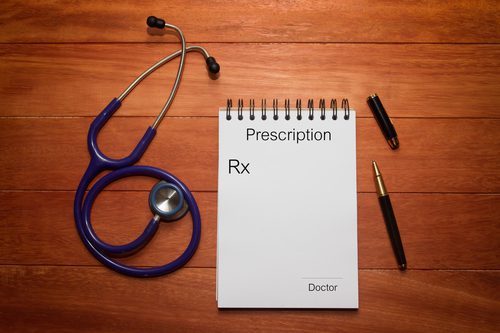
Overview of Prescription Drugs
There are thousands of drugs available to help an individual deal with pain, anxiety, depression, infections, cancer, diabetes, and a plethora of other disorders, psychological and physical. A prescription drug, or pharmaceutical, legally requires a prescription from a medical professional. The doctor or other professional will assess the need for the drug versus the risk of side effects. Many individuals take prescription medications daily while some take only as needed. Some prescriptions are prescribed only once such as when a person gets an infection and the doctor prescribes antibiotics, while other prescriptions will have multiple refills.
Doctors will periodically assess the need for continued use of the drug and will often request tests to ensure there are no physical effects of continued use. Doctors will ask for a complete medical history from the individual and should review the prescription including possible side effects with each new prescription to watch for any counter-interactions with other drugs.
Prescriptions can be filled at any pharmacy and even through online pharmacies. There are federal laws that regulate the prescription drug industry and many clinical trials and reviews that are completed prior to a drug being available to individuals. Despite these regulations, prescriptions are shared with others or even sold to others for a profit. Many prescription drugs are also abused.
Prescription drugs are the third most commonly abused category of drugs behind alcohol and marijuana. People of all ages and backgrounds abuse prescription drugs. Some reasons are to feel “high”, to lose weight, to relax, and because many people think it is legal. If prescription drugs are used to the point where a tolerance develops, many will need to take more of the drug to achieve the same effect. Over time this can lead to a dependence on prescription drugs. When prescription drugs are mixed with alcohol or other street drugs, there can be devastating consequences.
Doctors and hospitals are becoming aware of the problem of addiction and certain prescription drugs. In many instances, some drugs will not be prescribed to someone with a history of addiction, which means that many will go to other non-professionals to receive the drug. If a prescription medication like benzodiazepines has the potential to be addictive, many doctors will only dispense small quantities and request an office visit when refills are needed.
Prescription drugs serve a purpose and many individuals can take these drugs with no adverse side effects or abuse potential. Any medication prescribed should be monitored by an individual’s medical professional.







